A one-day workshop
Fraud should not happen, but it does. It can happen at the highest to lowest levels in an organisation. Recent surveys show that incidents of fraud ae not decreasing. Fraud costs organisations money and, perhaps even more importantly, reputational damage.
The losers are not just the shareholders, suppliers, customers, etc, but society as a whole.
This programme shows why frauds happen, how organisations put themselves at risk and what they can do to prevent it.
- The motives for committing fraud
- Directors’ responsibilities for identifying and reporting fraud
- What types of frauds there are
- How frauds are perpetrated
- How they can be prevented
- How regulators deal with fraud
Expert trainer
Ralph is a very popular and highly experienced trainer in this subject, running sessions in the UK and internationally for organisations on an in-house basis and also open programmes for accountants and auditors in practice.
Session outline
This is an indicative agenda – a starting point for a conversation with you. Ralph would be happy to tailor it to your precise requirements.
1. Motives for committing fraud – drivers of fraud
- Drivers of fraudulent behaviour:
- Ambition
- Greed
- Theft
- Conceit?
- And more!
2. Accounting mechanisms that allow fraud
- Income or liability?
- Asset or expense?
- Coding errors and misclassification
- Netting-off and grossing-up
- Off-balance sheet items
3. Structures that allow fraud
- Group structures
- Trading structures
- Tax havens
- Importing and exporting
4. Interpretations and other non-compliance that allow fraud
- The place of accounting standards
- Accounting policies
- Trading methods
- The place of auditing standards
5. Money laundering
- Types of money laundering
- Identifying laundering
- Preventing laundering
6. Preventing fraud – proper management structures
- Corporate governance
- Company management structure
- Audit committees
- The place of internal audit
7. Preventing fraud – proper accounting
- Accounting standards
- Internal accounting policies
- Adequacy of internal controls
- Internal audit
8. Preventing fraud – regulation
- The regulatory environment
- Financial services regulation
9. Conclusion
- Session review
- Open forum and action planning
- Close










